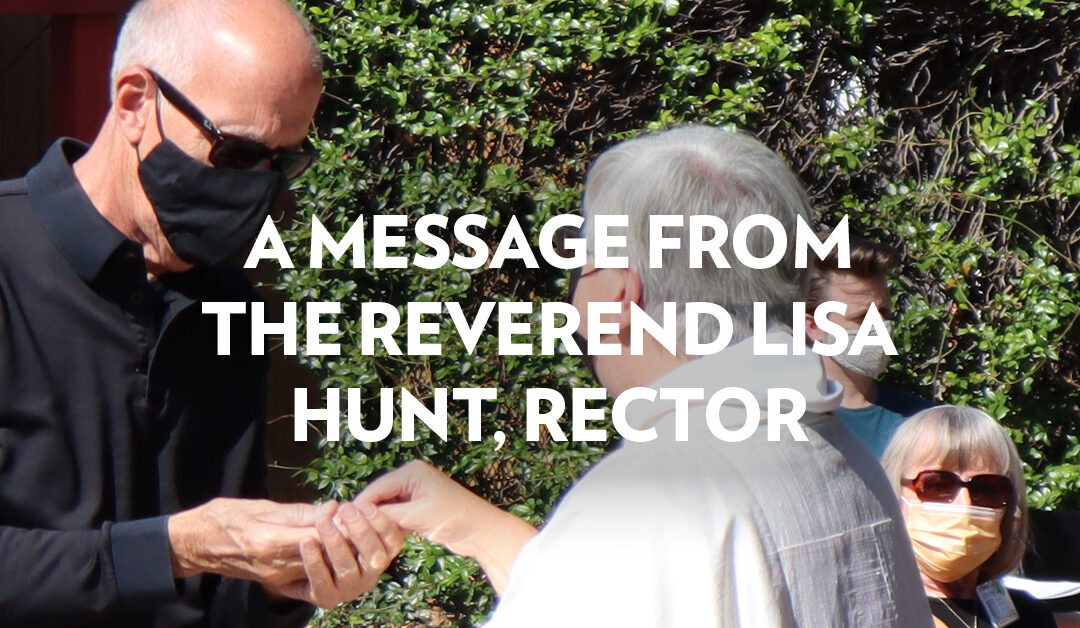The 1942 film, Flying Tigers, provided a slogan that would inspire Americans for the war effort in World War II. A pilot whose plane lost a wing, exclaims that he has landed “on a wing and a prayer.”
So often when we think about impossible situations we are facing—child custody battles, failing organs, cognitive decline, loneliness, like the pilot in the movie, we express a longing for good luck to get us through. Chance is seen as the operative force, as the expression—”a wing and a prayer” is applied.
As people who come from one of the three Abrahamic faiths, Christians do not lean on chance. Promise is the category we and our Jewish and Muslim siblings draw on. In this Sunday’s lesson, we will hear once again about Abram who leaves his family and place to journey to a land that God would show him. The promise is that God will make of him a great nation and God will bless him and make him a blessing (Genesis 12:1-4). Abram chooses to build his life on a promise. God is faithful.
As we fast forward to today, promise is distorted by a lust for power, control, and certitude. Israel teeters on the edge of a third intifada and democracy hangs in the balance. Ukraine longs for total victory, as does Russia, both claiming God to be on their sides. Closer to home, St. Stephen’s runs the risk of defining promise as profit alone, failing to imagine the calling of mission.
Each Lent we are called to re-orient ourselves individually and collectively to the faithfulness of God’s promise to bless. We can count on more than a wing and a prayer.
-The Reverend Lisa Hunt, Rector


